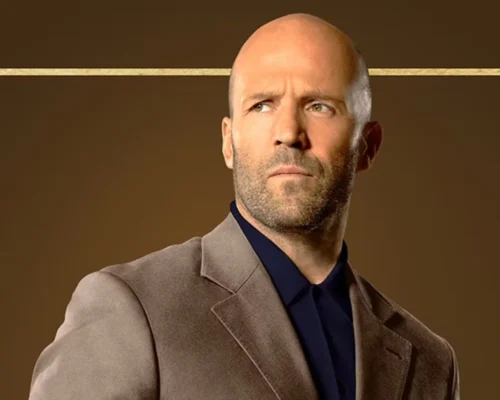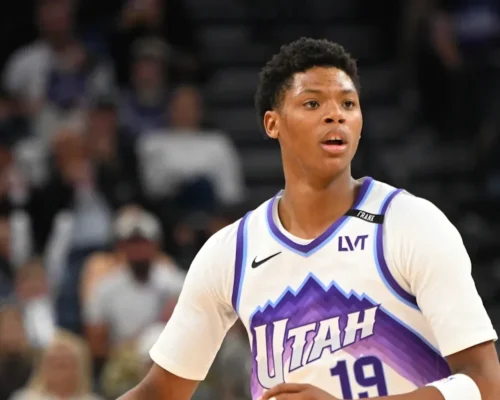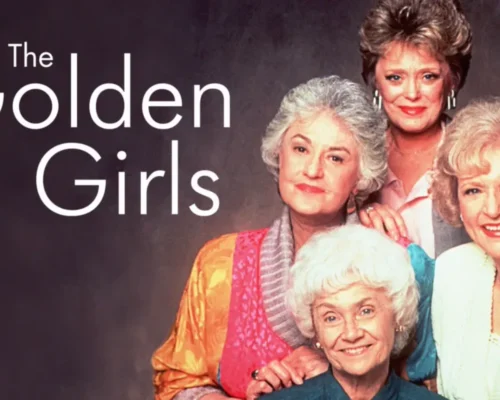Jimmy Kimmel Live has been a staple of late-night television since its 2003 debut, blending celebrity interviews, comedy sketches, and sharp political satire that has made Jimmy Kimmel a household name in America and around the world. But in September 2025, the show became the epicenter of a national debate on free speech, media pressure, and the boundaries of comedy. After a nearly weeklong suspension by ABC, sparked by Kimmel’s monologue comments on the assassination of conservative activist Charlie Kirk, the program is set to resume airing on September 23, 2025, at 11:35 p.m. ET. This reinstatement was announced by the parent company Disney on September 22, following intense backlash and negotiations. However, not all affiliates will carry the episode, highlighting ongoing tensions in broadcast distribution. As viewership for late-night formats evolves amid streaming competition, Kimmel’s return underscores the show’s enduring role in cultural commentary. In this article, we’ll trace its history, unpack the suspension controversy, and examine what is up for us in the future, providing context for why Jimmy Kimmel Live remains a vital voice in the entertainment industry.
The Origins of Jimmy Kimmel Live: From Man Show to Late-Night Staple
Jimmy Kimmel Live first premiered on January 26, 2003, as ABC’s answer to the dominant late-night landscape led by NBC’s “The Tonight Show” and CBS’s “The Late Late Show”. Hosted by Jimmy Kimmel, a comedian known for his irreverent humor on Comedy Central’s The Man Show (1999-2003), the program quickly carved a niche for itself with its blend of celebrity banter, field pieces, and Kimmel’s everyman charm. Airing from the El Capitan Entertainment Centre in Hollywood, it has produced over 2,500 episodes, evolving from a ratings challenger to a multi-Emmy winner.
Key Milestones in the Show’s Evolution
Over two decades, Jimmy Kimmel Live has adapted to cultural shifts while maintaining its core wit:
- Early Success (2003-2010): Kimmel’s chemistry with co-host Cleto Escobedo III and the house band fueled viral bits like “Handsome Men’s Club,” helping the show build a loyal audience averaging 2 million viewers nightly.
- Emmy Breakthrough (2011): Wins for Outstanding Variety Series marked its creative peak, with segments like “Carpool Karaoke” serving as precursors to global trends.
- Pandemic Pivot (2020): From-home episodes during COVID-19, including heartfelt family cameos, humanized Kimmel, and boosted streaming views on Hulu.
- Political Satire Era (2017-Present): Kimmel’s monologues on healthcare and gun control drew 8 million viewers at peaks, solidifying his role as a progressive commentator.
These adaptations have kept the show relevant, with its format, monologue, interviews, and sketches, balancing levity and substance for a broad demographic.
The Suspension Controversy: What Sparked the Firestorm
Jimmy Kimmel Live was suspended starting on September 17, 2025, when ABC shut down production indefinitely on September 15, following Kimmel’s monologue. In it, he criticized the responses of Trump supporters to the assassination of Charlie Kirk, founder of Turning Point USA. He asserted that they were trying to label this murderer as anything but one of them. On September 10, 2025, Kirk died as a result of being fatally shot at a university event in Utah by 22-year-old Tyler Robinson, the motives of which are under investigation. Robinson was brought up in a conservative family, but is said to have moved to the left side of politics the previous year.
Timeline of Events Leading to Suspension
The fallout unfolded rapidly, blending media pressure, regulatory threats, and public outcry:
- September 15 Monologue: Kimmel’s remarks drew immediate backlash from conservatives, including Trump, who labeled them “fake news” on Truth Social.
- September 16-17 FCC Intervention: Trump-appointed FCC Chairman Brendan Carr accused Kimmel of “misleading the public,” threatening investigations into ABC affiliates for potential fines or license revocations if a “pattern of news distortion” emerged. Carr’s podcast comments, “We can do this the easy way or the hard way”, escalated fears of government overreach.
- September 17 Suspension: ABC pulled the show, citing “ill-timed and insensitive” comments, to avoid inflaming national tensions, although no public explanation was initially issued.
- September 18-21 Backlash Builds: Protests outside Disney studios in Burbank drew Writers Guild members and celebrities; over 400 Hollywood figures signed an ACLU letter decrying threats to free speech. Disney+ and Hulu saw subscription cancellations, while affiliates like Sinclair and Nexstar preempted reruns.
This marked the first major late-night suspension in decades, echoing historical censorship battles like those faced by Howard Stern in the 1990s.
Broader Implications for Media and Comedy
The incident raised alarms about First Amendment boundaries in the Trump era, where administration lawsuits against outlets like The Wall Street Journal and NPR have chilled criticism. Late-night TV’s declining linear viewership, down 20% since 2020, amplifies the stakes, as networks balance ad revenue with regulatory risks. Disney’s decision drew bipartisan concern: Democrats decried authoritarianism, while some conservatives praised accountability but worried about setting a precedent against right-leaning voices.
The Reinstatement Deal Negotiations and Return Details
On September 22, 2025, Disney announced the return of Jimmy Kimmel Live after “thoughtful conversations” with Kimmel, framing the suspension as a precautionary measure during an “emotional moment for our country.” The show resumed taping on September 23 at El Capitan, with an audience present but no immediate leaks on content. Kimmel broke his silence on Instagram that day, posting a photo with the late Norman Lear, founder of People for the American Way in 1981, to counter religious right rhetoric, captioned “Missing this guy today,” evoking free speech legacies.
Guest Lineup and Broadcast Challenges
The episode features a mix of promotion and levity, though distribution remains fragmented:
- Guests and Segments: Actor Glen Powell promotes Hulu’s “Chad Powers”; musical guest Sarah McLachlan, who protested the suspension by pulling out of a Hulu event, performs in solidarity; Peyton Manning joins the show on Thursday.
- Affiliate Preemptions: Sinclair (35+ ABC stations) and Nexstar (32 stations) opted out, replacing them with local news, which affects markets such as St. Louis, Nashville, and Richmond, representing 25% of affiliates. Viewers can stream on Hulu or abc.com.
- Kimmel’s Approach: Sources indicate a reflective opener that addresses the saga without apology, emphasizing the role of comedy in discourse.
Trump criticized the return on Truth Social, claiming “his audience is GONE,” while Stephen Colbert quipped on CBS, “Our long national late-night nightmare is over.”
Impact on Late-Night TV Shifting Landscape and Future Outlook
The story of Jimmy Kimmel Live illustrates the challenging situation of late-night TV: the average viewership dropped from 4 million in 2014 to 1.5 million in 2018, due to the emergence of streaming and cord-cutting. The cancellation of The Late Show with Stephen Colbert, announced by CBS in July 2025 (running through May 2026), highlights contraction. Additionally, Kimmel’s contract runs out in May 2026, sparking speculation about retirement.
Challenges Facing the Genre
Key pressures include:
- Regulatory Scrutiny: FCC threats could deter satire, as seen in Trump’s lawsuits against ABC and CBS, which were settled quietly.
- Viewer Fragmentation: Clips dominate YouTube (Kimmel’s channel has 15 million subscribers), resulting in a 30% reduction in linear ad dollars.
- Talent Shifts: Hosts like Seth Meyers and Jimmy Fallon face similar political pressure, prompting hybrid formats that incorporate podcasts.
Yet, the controversy boosted Kimmel’s profile, with his YouTube views increasing by 40% during his suspension.
Kimmel’s Enduring Legacy
Since 2003, Kimmel has won 18 Emmys, raised $ 500 million for children’s hospitals through the Pedro Fund, and has humanized issues such as obesity by sharing his personal experiences. The fact that he returned strengthens the watchdog nature of the late-night show, as it entertains while being responsible at the same time. The cultural pulse of Jimmy Kimmel Live and its enduring presence during the tumultuous year of 2025 proves that comedy is a healing agent in a turbulent society. With the show recording this evening, it will be uncensored Kimmel: humorous, strong, and prepared to take the mic back. Will this episode break the rules of late-night? Tune in and decide.





